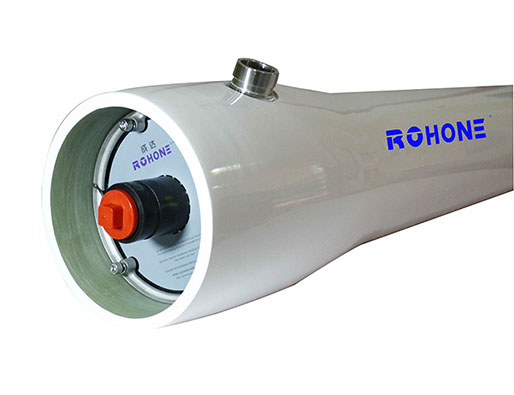The performance of FRP tanks often depends on the type of synthetic resin. This is because the synthetic resin is in FRP, which not only bonds the glass fibers together to form a whole but also enhances the various excellent comprehensive properties of FRP, such as enhanced Corrosion resistance and electrical insulation of FRP.
The FRP tanks for hospitals supplier will introduce you to the basic properties of FRP products:
Lightweight and high strength
The specific gravity of FRP is only 1/4 of that of ordinary steel, which is about 1/3 lighter than aluminum. However, its mechanical strength can reach or exceed the level of ordinary carbon steel. For example, certain epoxy and unsaturated polyester FRP, Both tensile and bending strength can reach more than 400MPa.
Chemical resistance
Those who understand chemistry know that the electrochemical corrosion mechanism of FRP and ordinary metals are different. It does not conduct electricity, which means that there will be no ions dissolved in the electrolyte solution, so it is resistant to the atmosphere, water, and general concentrations of acids, alkalis, and alkalis. Salt and other media have good chemical stability, especially in strong non-oxidizing acids and media in a wide range of pH values, and have good adaptability. In the past, stainless steel could not deal with some media, such as hydrochloric acid and chlorine. , Carbon dioxide, dilute sulfuric acid, sodium hypochlorite, and sulfur dioxide, etc., now can be solved with glass steel.

Excellent electrical insulation
I believe many people know that the electrical insulation of FRP is very good. Therefore, equipment made of glass fiber reinforced plastics do not have to worry about electrochemical corrosion and stray current corrosion, and can be safely and widely used in the manufacture of insulating parts in instruments, motors, and appliances to improve the reliability of electrical equipment and extend its service life; in addition, FRP has good dielectric properties and microwave permeability under high frequency and is an excellent material for manufacturing a variety of high-frequency insulation products such as radomes.
The glass fiber reinforced plastic tank (FRP tank) made of glass fiber as the raw material and high-performance resin as the binder has all the advantages of glass fiber reinforced plastic.
The above are some of the characteristics of FRP pressure vessels. FRP tanks can be divided into storage tanks and water treatment tanks according to their uses. FRP water treatment tanks can be used as filters and water softener accessories, suitable for civil, commercial, and industrial water treatment occasions.